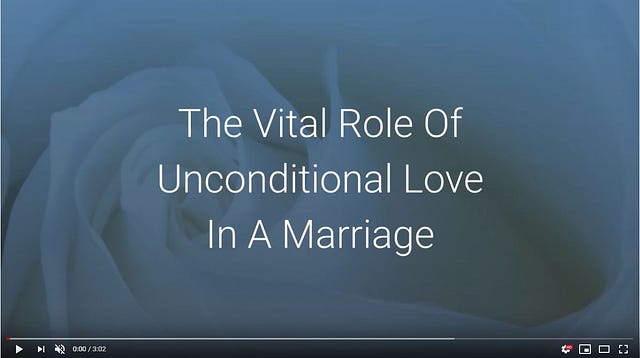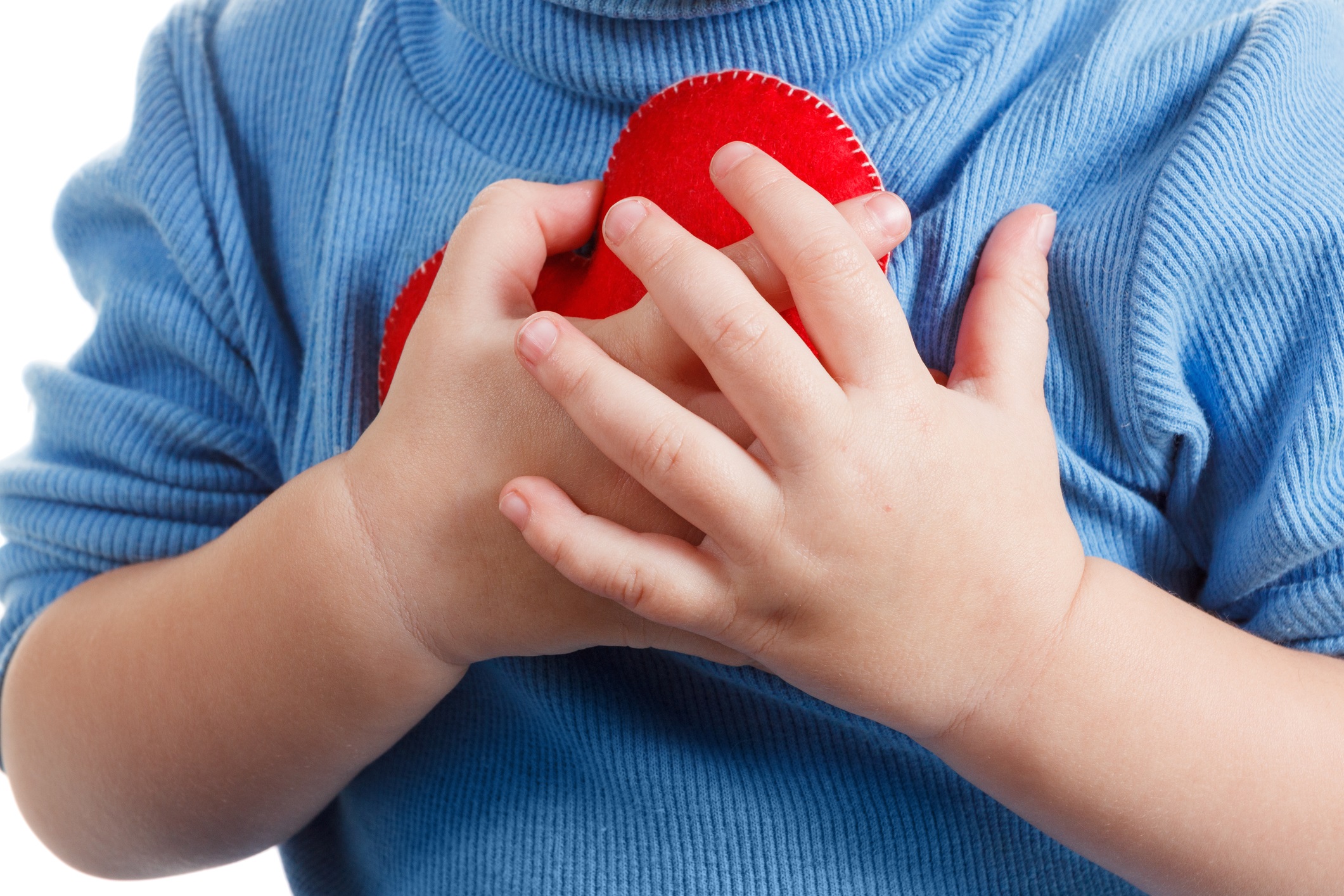I want to preface this article with some kind of warning. The things I’m going to say may well, actually probably will, bring up resistance in you. You see, people generally romanticise their childhood, even when it was pretty dreadful. I know of one man who was left alone at the age of four, often for days at a time whilst his mother was out partying. He then had to feed himself on cat food as there was nothing else left in the house. Now as an adult he describes his childhood as “Not too bad” and “Pretty good at times”
The thing is, if we actually allow ourselves to ponder on the unloving behaviour of our parents, then it is but a small step to making it mean that we were not worth loving and we simply can’t bear that feeling. And so it is that we do everything we can to preserve the notion we had a loving, even idyllic, childhood.
Now I may have shot myself in the foot by offering a more extreme example of unloving parental behaviour in the first paragraph (and yes of course, there are even more ways a child can be damaged), but the vast majority of the people reading this article will likely have had a relatively ‘normal’ childhood — ‘normal’ in the sense that they had one or two parents who cared about them and who did their very best to convey that. I am not going to be parent-bashing here, I promise, however I am going to be talking about unconditional love since anything less than that is actually not love at all.
Let me explain by offering a workable definition ..
Unconditional love is caring about the feelings of someone else without wanting anything in return.
The thing is we all need unconditional love in our lives so that we can form a sense of who we REALLY are beyond the wants, expectations and even demands of others. When we are children and simply behave in such a way as to avoid our parent’s disapproval or gain their approval, then we are little more than programmed robots. When we defiantly do the opposite to what is expected of us by them, then we are still running a programme inside our heads — it’s not who we are or who we were born to be. It’s not freedom.
For most of us the childhood we received involved parental disappointment, anger or disapproval at some level from “Oh darling, you’ve spilt your juice everywhere. Why can’t you be more careful?” to “Oh for goodness sake how many times do I have to tell you to be more careful. You are so stupid sometimes!” Both are felt as a micro sting (often unacknowledged but definitely wounding).
On each of the occasions our parents expressed that kind of rebuke, they were primarily thinking about themselves and the inconvenience to them. They were not thinking about how it made us feel or what it actually taught us ,so little by little we learned to feel shame and guilt for not being the person our parents wanted us to be. This all happened at a completely subconscious level and our parents had absolutely no idea the effect they were having on us, since exactly the same happened to them and back through the generations.
Watch this video to appreciate the effect these comments would have had on us…https://www.youtube.com/watch?v=9rHyMi0XWqY&t=68s

True unconditional love, also known as ‘self actualisation’, is so rare as to be found in only 1% -2% of all adults (according to Abraham Maslow).
That doesn’t mean to say that many of us aren’t capable of it at least some of the time. It is often quoted that ‘nothing comes close to a mother’s unconditional love’ which is probably true in a world which values conditional love and self interest, but sadly very, very few of us received it with enough consistency for us to have a strong sense of who we really are as adults now.
The result of the lie that mothers (and fathers) unconditionally love their children, is that most of us now walk around with an inner wound and a complete misunderstanding of ‘love’.
By now I would imagine I have lost at least half of you who are adamantly attached to the notion that they were indeed lucky enough to be in the 1% of all adults who were unconditionally loved as children. That is unconditionally loved with enough consistency so that are now completely free to choose their response to any situation, rather than react to it from the stance of protecting or soothing their inner wound.
I was one of the people literally wedded to the idea that I had received a near perfect childhood and that my parents had offered me nothing but the purest of acceptance, no matter what choices I made. That was until I made a few selfish choices as an adult which affected their own sense of self. Then, from a non judgemental place myself, I got to see that my notion of unconditional love had been mislabelled. If I behaved as they wanted me to, then I was loved. So it wasn’t unconditional at all. It was subtly manipulative and I simply hadn’t noticed because it was all I had ever experienced.
How freeing to see this, because now I get to go on a journey to discover who I really am beyond the child they created and then fashioned into someone they wanted to me to be. Don’t forget this was entirely unintentional on their part and my childhood was far from abusive. I remain very grateful for everything they did for me and see them clearly as adults simply doing their best with the backgrounds they had experienced.
So how does all this help you?
Well for starters, if any of this intrigued you rather than turned you into a ball of outrage, you would be advised to learn everything you can about unconditional love, what it is and what it isn’t, since the absence of it means we don’t ever find out who we are and live the life we were meant to lead.
As an infidelity/relationship coach, my husband Pete Uglow and I teach people how the lack of unconditional love is the root cause of all the behaviours used and all of the pain experienced by both partners in a marriage.
During coaching to learn life-changing principles and as each individual feels unconditionally accepted whilst revealing their shame and misery, their relationship undergoes an incredible transformation.
Unconditional love is both the most misunderstood and the greatest power on the planet. Would you like to learn more?
Visit www.peteuglow.com or www.getoveranaffair.com
Article written by Nikki Uglow


